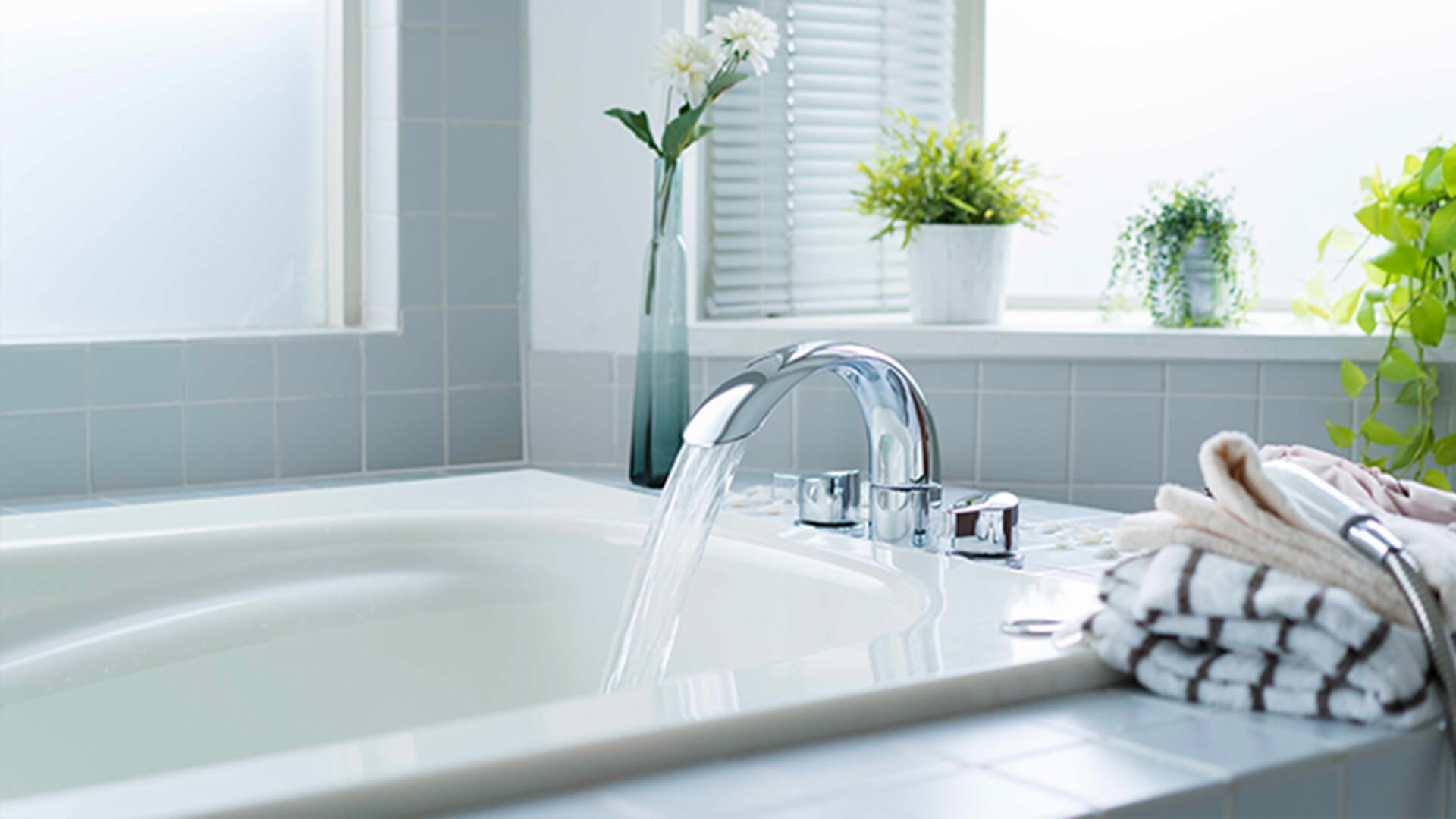
How to Improve Your Indoor Level of Comfort
Indoor air quality is something that should be of high concern. After all, if it’s poor, it can have a serious adverse effect on your overall health. The good news is there are many ways to reduce the presence of indoor pollutants and improve the level of comfort inside your home.
Eliminate Dampness and Drafts
Having slab foundation issues can cause gaps in windows and doors which can lead to mold and mildew and the inability to maintain a comfortable indoor temperature. It can also cause an accelerated decomposition of the home’s infrastructure, making it necessary to replace/repair items more often. If you have older plumbing and are not able to replace all of it, using companies that specialize in recovering may prove the best course of action. Updating doors and windows to two panes will provide an insulating barrier from the outdoor elements.
Clean Rugs Often
Many people have a hectic week. They hold down a full-time job, have a few children, pets, a spouse, and a home to manage. Often, conducting a thorough cleaning is not possible due to a lack of time. Unfortunately, in order to improve your indoor air quality, you need to remove airborne particles and common household allergens. Pet dander, dust, and mold in the home can lead to difficulty breathing, frequent colds, and bronchial congestion. Thankfully, vacuuming carpets and loose area rugs a few times weekly with a high-quality vacuum cleaner featuring powerful suction and a HEPA filter will allow you to get deep into the carpet.
Maintaining Furniture and Bedding
Dusting shelves, collectibles, tables and chairs are essential to maintaining a truly clean home. Washing bedding, cleaning drapes and cloth items such as placemats and using pillow covers and bed protectors designed to remain dust mite free are other ways to reduce indoor allergens. Another way to reduce airborne particles, particularly dust, is to eliminate clutter.
Replace Filters as Needed
Air filters only function at a high level when they have space to collect airborne particles. If a filter remains in use long after the recommended time frame, it will do more harm than good. First, it will no longer remove particles from the air. Second, a clogged filter puts a strain on your heating/cooling system which, if left unchecked, can lead to a serious repair or even necessitate a replacement. The ductwork in your home runs from the heating/cooling appliance to different locations in the home. If a duct becomes clogged, you won’t feel comfortable in that room. Having the ducts cleaned annually will prevent a large buildup or potential clog.
Air Purifier / Dehumidifier
There are many indoor allergens, some that you can remove without a problem. However, those that result from having a family pet are not as easy to control. An air purifier can help you enjoy having your pet while helping you to breathe easily. By placing one or two of them in common areas of the home, the device will capture irritants that trigger the symptoms. While you won’t get rid of them in their entirety, you will feel relief. Damp areas of the home, like your basement, benefit from a dehumidifier, reducing the possibility of developing mold and mildew. In addition, poorly ventilated rooms such as a bathroom can also inhibit the growth of mold.
Let in Fresh Air
Indoor air quality tends to affect people more during the cold weather months. In large part, that’s due to keeping doors and windows closed. Poor indoor air quality can affect more than just breathing and cause allergy symptoms. It can also affect the skin, making it appear older, drier, and more prone to rashes. While hybrid fractional laser treatments can help restore the skin to a healthy, more youthful appearance, opening up the windows and letting in the fresh air can also prevent the skin from suffering from the negative effects associated with poor air quality.
Improving indoor air quality is possible with a few minor changes, allowing everyone in the home to breathe easier.











































